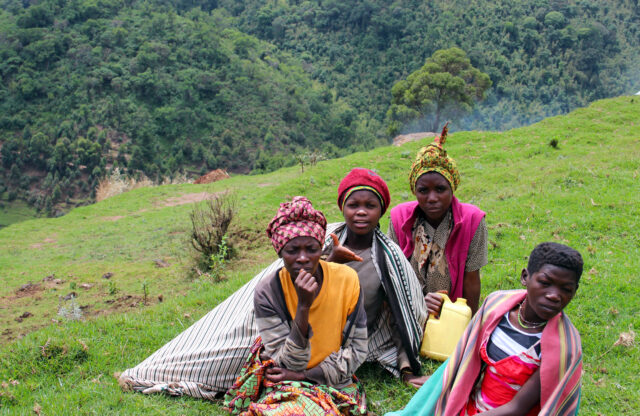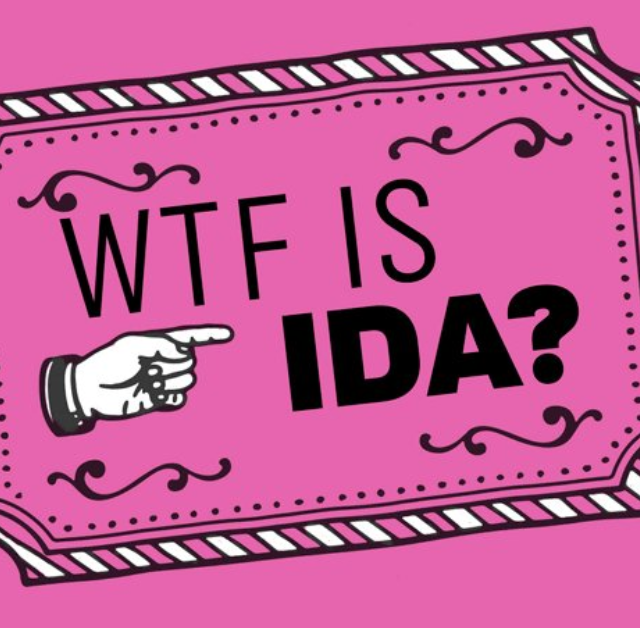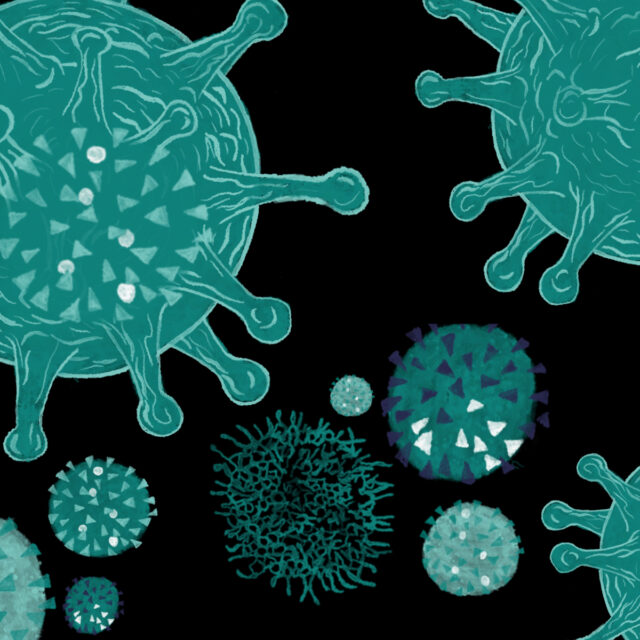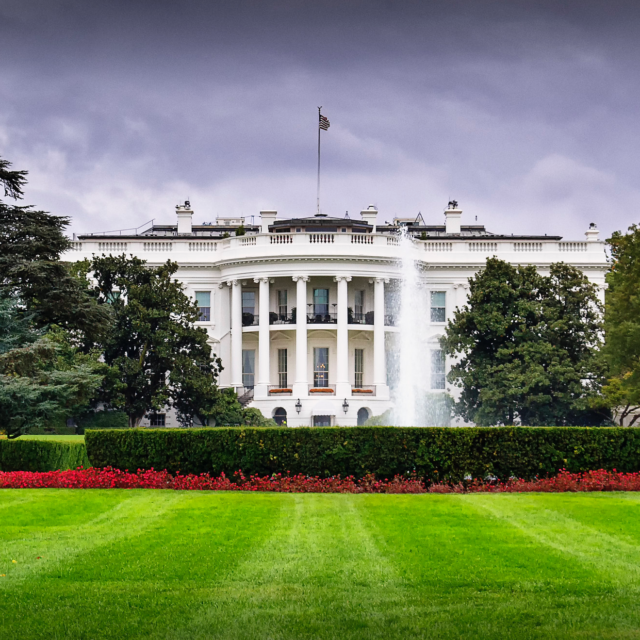Story and photos by David Meffe
Somewhere in a garden-enclosed office on the outskirts of Kabale, Uganda, Faith Tushabe sits in an office scattered with binders and books. Tushabe is the Executive Director of the African International Christian Ministry, a Ugandan NGO that works with local indigenous communities to build self-reliance through poverty reduction, education, food security, shelter improvement, and sensitisation on human rights.
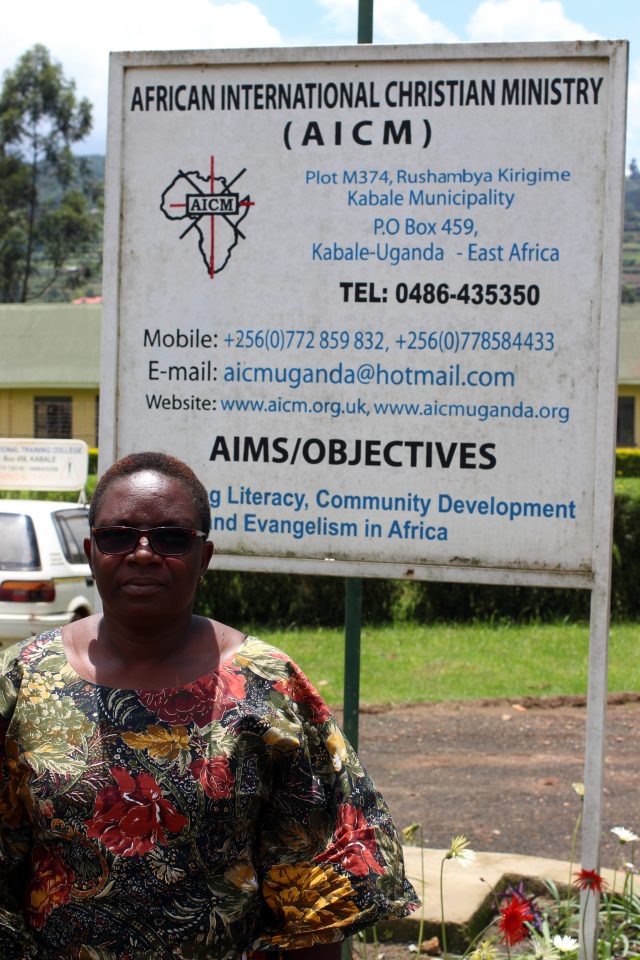
The NGO works especially closely with Batwa communities in Southwestern Uganda, where minority status leads to the communities’ social and economic marginalisation, especially when it comes to land.
In the early 1990s, under a biodiversity plan to announce several national parks, the Batwa were evicted from their lands without compensation or proper resettlement, leaving many as destitute squatters – which has occasionally led to violent conflicts with their neighbours. The Batwa traditionally lived deep in the surrounding hilly forests, which were inextricably linked to their spiritual culture and livelihood as hunters. They are anthropologically referred to as “pygmies” due to their small stature, though the derogatory use of the term has led to negative connotations despite ongoing attempts by some communities to reclaim it. Today, their scattered population in Uganda is less than 10,000.
“The Batwa face many challenges, like gender-based violence and poverty, mainly because they were evicted from the forests where they were living,” Tushabe says. “In Africa, if you don’t have land, you are poor. How do you even begin talking about human rights when people cannot even eat?”
AICM purchased land for the Batwa after their eviction, allowing them to partially continue their traditional way of life despite the devastating effects of being severed from their land. More importantly, the NGO began training Batwa community members as paralegals, allowing them to advocate for their own legal land rights at the grassroots and governmental levels.
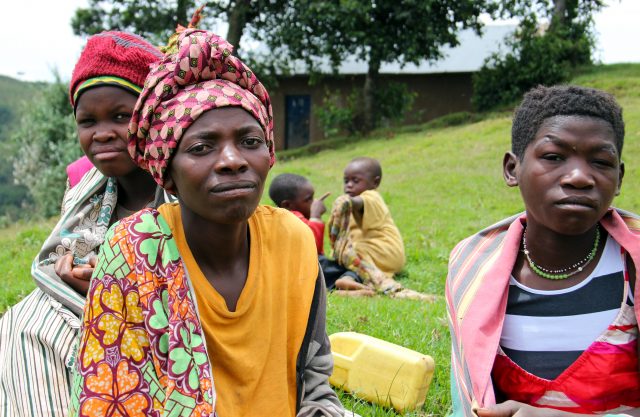
“There is only so much we can do as an organisation. A better approach has been to train them to advocate for themselves,” she says. “Through this, we have seen a great change both socially and for their struggle for land.”
Kyabazaga Norah is a Batwa who has been working as a paralegal for five years, attempting to change regressive behaviours and mediate local conflicts. She says that justice and land go hand in hand.
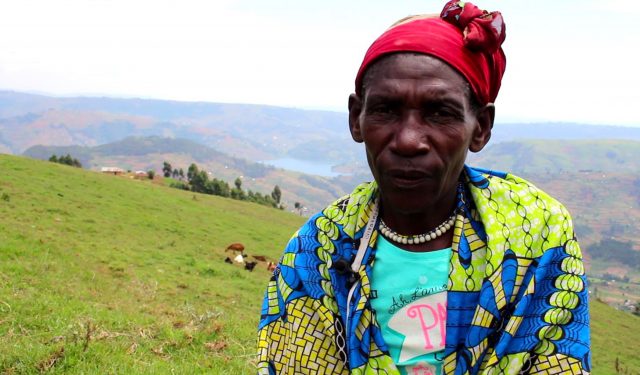
“We don’t even have a teaspoon of land to grow crops. This makes us suffer. Most legal documents are also not in our language, which makes it difficult,” she says. “We now hold sensitisation meetings, write letters; legal education has allowed this. It is harder for the government to ignore us, but they still do because we are few.”
Having no access to land multiplies the effect of social marginalisation in Uganda — whether as a woman, ethnic minority, or both — leading to a state in which broader concerns like education or access to reproductive health often take a back seat.
“Women in these communities are often held back by strong cultural beliefs, like ‘women can’t own property, or make their own decisions.’ So, in nearly every development program, they are left behind,” says Tushabe. “So they don’t own property and aren’t involved in any human rights systems that should help them access justice, which puts them at the mercy of men that hold higher positions.”
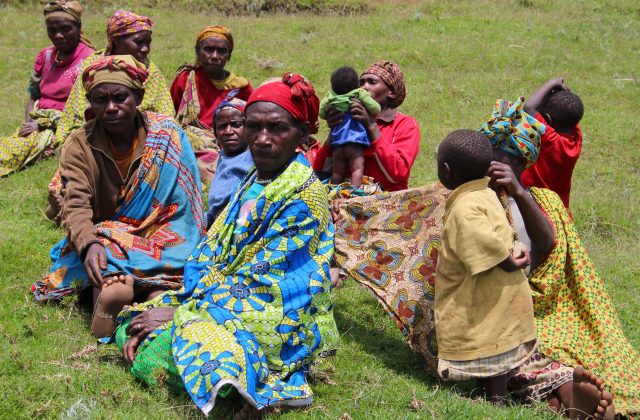
One of Tushabe’s ultimate goals is to help the Batwa reclaim their lost land and be able to resettle it with a better understanding of justice and social equality, especially for women.
“When you educate people about their rights, they find a better path forward. This is how you change mindsets and behaviour. Land is only one part of the bigger picture.”
